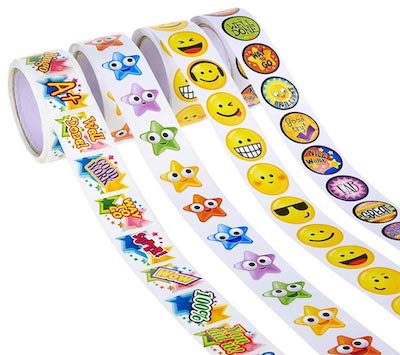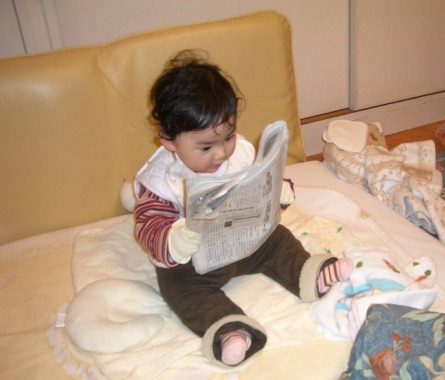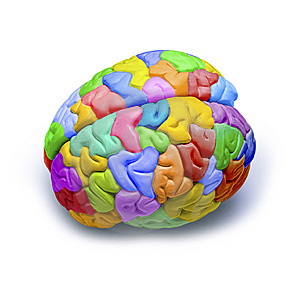Blog ALL
Blog ALL
Aug 27 2018
The Story of A Girl and Her Stickers (PSYCHOLOGY)
This is a story about a girl and her stickers.
Amy (anonymous) used to love the stickers given by teachers in class.
But since the day Amy''s mother has bought her plenty of more beautiful, shinier and bigger stickers, Amy now cares less the stickers given by teachers.
There are different rewards that teachers use in class but eventually what value are we teaching the children? We encourage children to do better by rewarding them. Perhaps we want to eventually teach our children that the reward to a thing well done is to have done it!
Children love to be rewarded with stickers for good behaviour.
But there is a small group of children who quickly lose interest and appreciation for the stickers given in class. This group of children, most of them, have been given a lot of more beautiful and bigger stickers at home.
It's important that children learn to appreciate reward after they work hard for it. Shelter, food, clothes, transport, clean water and other basic needs are the children's physical needs. Love, care, emotional wisdom, time, understanding, trust, role examples, and patience are your children's mental needs.
The free flow of rewards without proper guidance, to a certain extent, devalue appreciation. In fact, we should always teach our children that the reward to a thing well done is to have done it!
Aug 25 2018
Can a 2-year-old read newspaper? (MEMORY)
Q: Can a two-year-old read newspaper/magazine?
A: Yes. Try to have a 2-minute session every night with your baby reading pages of newspaper/magazine that has big colourful pictures. Use a small torchlight to shine at the picture that attracts you or your baby. Let your baby touch the image. Repeat this exercise everyday with different newspaper/magazine. Your kid will possess much stronger image ability after a year or so. More importantly, your kid will have better reading habit in future.
Apr 19 2017
Sunlight improves concentration for study (PSYCHOLOGY)
Place your child's study table so that sunlight becomes available. Sunlight helps to improve children's concentration for study.
Jul 8 2014
左脳と右脳の違いについて The differences between left and right brain (MEMORY)
In general, the left and right brain play different roles:
Left Brain: Writing, Reading, Language, Calculation, Analysis, Logical Thinking, Reasoning
Right Brain: Art, Music, Sports, Feelings, Intuition, Photographic Memory.
Most schools emphasise on left-brain activities like writing, reading, calculation, analysis and so on. Little do we know that our right brain possesses EXTREMELY LARGE MEMORY POWER that is waiting to be 'harvested' for higher achievements in all areas of life including examinations.
To realise/discover this in-born memory power, special instruction techniques in classroom that emphasise on speed, metaphor, analogy, pattern and, most of all, right-brain images must be included in the curriculum.
With regular right-brain exercises from young age, this in-born memory power will gradually become more voluntary to an extent where it becomes a habit.
Written by,
Dr. Tan Kok Liang
PhD, Artificial Intelligence, Incremental Learning Method
Keio University, Japan
Japanese Government Monbukagakusho Scholar



